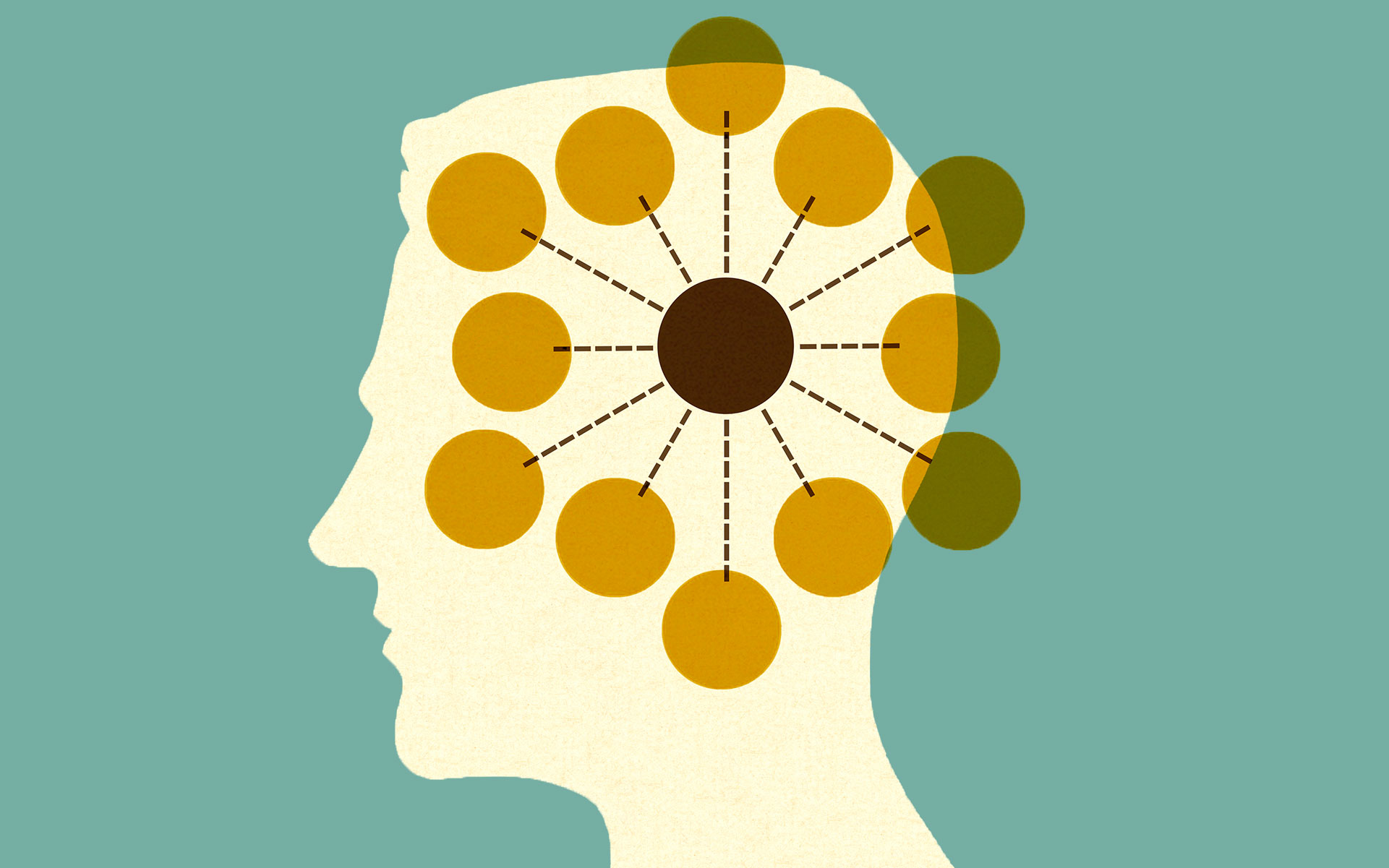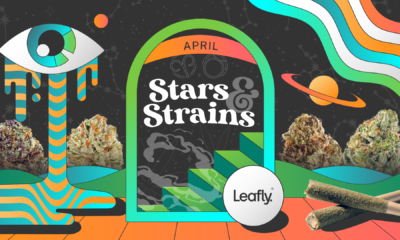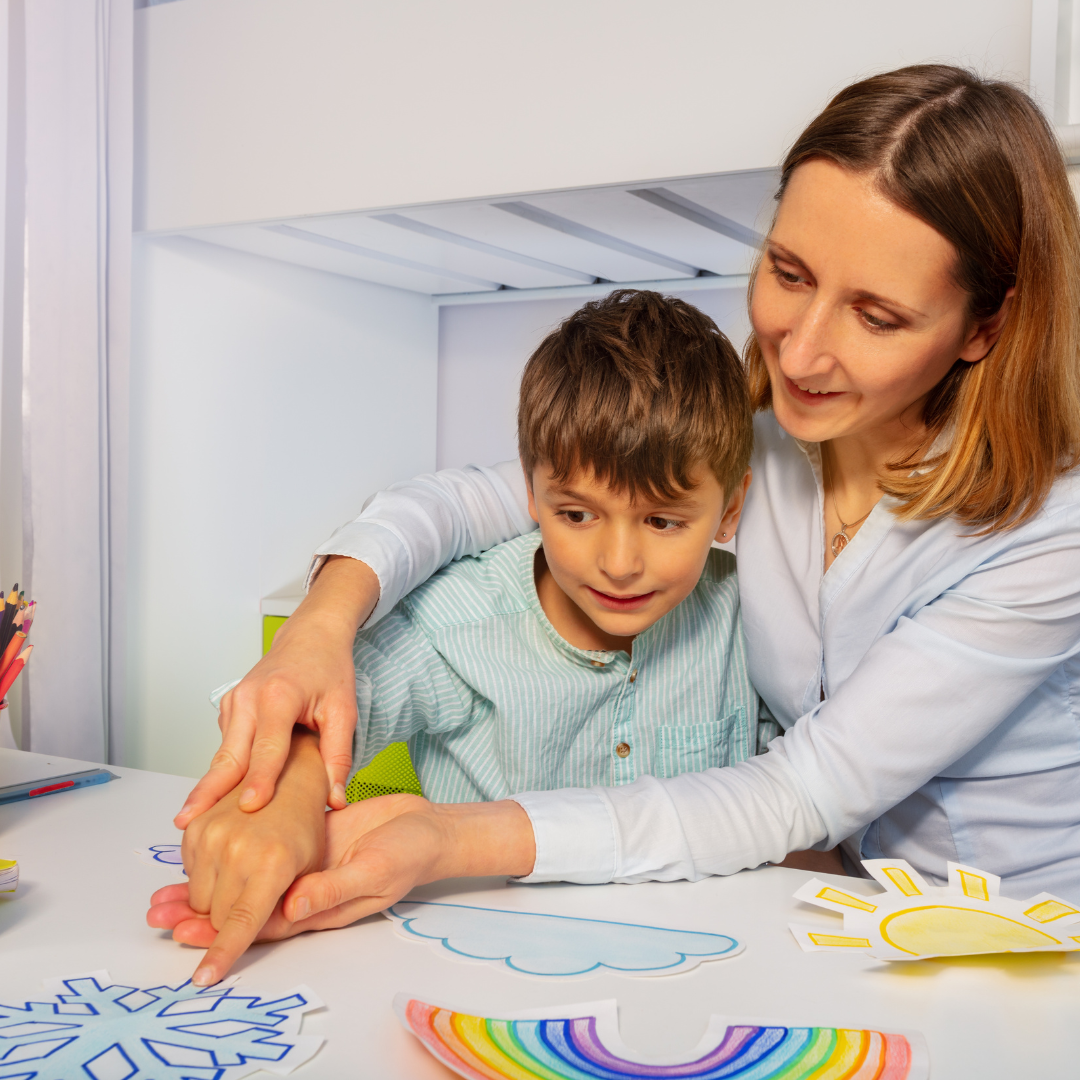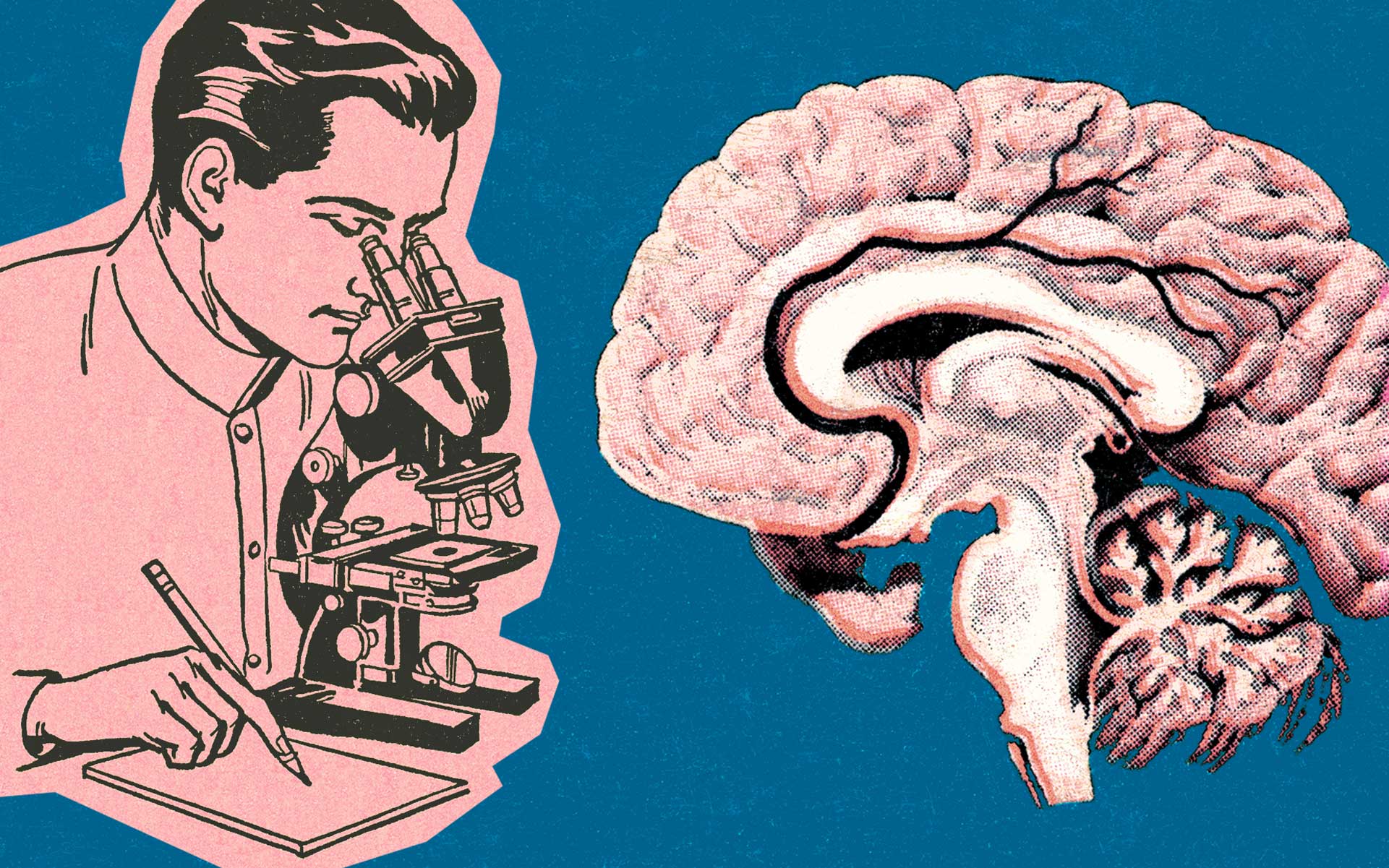An individually tailored cannabis regimen may ease symptoms of autism, according to an August study published by Frontiers in Psychiatry. The researchers studied 20 autistic patients who followed a customized regimen of either CBD oil, THC oil, or a combination thereof. While the study was small, autistic patients saw marked reduced symptoms, and a better quality of life for both themselves and their families.
The challenges of autism
Autism spectrum disorders could have multiple causes, but they encompass a host of conditions that impact 1 in 36 people and can affect patients in a variety of ways from mild to debilitating. Usually characterized by social difficulties, sensory issues, and repetitive behaviors, autism can also come with a high level of co-morbid conditions, like intellectual disabilities, emotional regulation challenges, and seizure conditions.
While these symptoms and their linked conditions vary from one autistic person to another, they can make life challenging for both autistic patients and their families. Unfortunately, there are few treatments available to address these needs.
quality of life for autistic patients improved in 95% of cases, and their families’ lives improved in 83% of cases.
Can cannabinoids ease autism symptoms?
Some researchers and advocates have long suggested cannabis as a potential therapy for autism, in part because autistic patients have been found to have lower levels of endocannabinoids. This could suggest an impairment in the endocannabinoid system, a cell signaling system that cannabis can stimulate.
Previous studies have found cannabis can reduce the severity of autism symptoms. Unfortunately, the benefits and number of patients helped by cannabis have varied drastically between studies. That being said, the manifestations of autism, and the chemical composition of cannabis treatments, can both also vary drastically.
This lack of clarity led the authors of the recent Frontiers in Psychiatry study to investigate whether cannabis treatments that had been specifically tailored to an individual might prove more consistently effective.
Related
Why isn’t the endocannabinoid system taught in medical schools?
Unique dosing for unique individuals
The Frontiers in Psychiatry researchers, who are from Brazil, took on the challenge by designing a 20-person study where each patient was titrated up to their ideal dose of cannabis extract.
Shop highly rated dispensaries near you
Showing you dispensaries near
Starting with a small dose of full-spectrum CBD extract, they regularly adjusted each patient’s regimen in response to their symptoms. As they progressed, some patients found that slowly adding in THC improved results, until the researchers landed on a custom balance of THC and CBD. When the researchers identified an ideal dose and ratio of CBD to THC for each patient, they stayed on that regimen for six months.
After six months of customized cannabis treatment, the patients’ caregivers took a survey on the impact cannabis made in the patient’s life, and the lives of their families. The survey covered a variety of domains relevant to autism and its symptoms.
Cannabis improves autistic quality of life
The results of the survey showed that caretakers felt that cannabis generally improved all of the analyzed symptom categories. Still, the particulars varied between individuals.
Overall, quality of life for autistic patients, however, improved in 95% of cases, and their families’ lives improved in 83% of cases.
Many caretakers reported improvements in domains like seizures (84%), meltdowns (76%), discomfort in noisy or crowded places (72%), aggressiveness toward others (67%), eating non-foods (63%), excessive appetite (62%) and making screams and random sounds (54%).
Cannabis also regularly improved communication-related abilities—85% of caretakers reported that their autistic loved one was more receptive to direct verbal communication. Furthermore, 75% reported visual contact and attention to conversation improved. Meanwhile, verbal communication improved for 50% of patients.
Is cannabis the first treatment that helps intellectual performance?
Cannabis gets tagged for making healthy adults a little spacey and mellow. However, intellectual and cognitive performance (which is sometimes impaired in autistic patients due to co-morbid intellectual disorders) also improved in 57% of cases in the study. The authors highlighted this striking finding, as no other medication is known to improve this particular co-morbid condition.
Still, a few patients did experience worsening of specific symptoms, such as difficulty in making visual contact, attention to verbal communication, meltdowns, and aggressiveness to self or others. Like any drug, cannabis is not a magic bullet, and two of the 20 patients experienced an overall worsening of symptoms, yet 19 of the 20 autistic patients reported an overall improvement in quality of life.
More studies are needed
While promising, this study is limited by its small size and open, unblinded design. As a result, much larger studies are needed to confirm that these results would carry over to most autistic patients. Because patients and caregivers knew they were receiving cannabis, it’s also possible that the placebo effect could have swayed some of the results.
Still, the study suggests that larger, double-blind studies are warranted and may give us more insight into how cannabis impacts autistic patients. Additionally, it sheds light on how different patients might respond better to different doses and ratios of CBD to THC—and how to approach this challenge clinically. This insight could shift how future research on autism and cannabis is carried out, and yield more accurate results about its potential benefits. Complexity abounds among both autism sufferers and botanical cannabis formulations.
One clear barrier limits cannabis research on autism—the US federal government.
One clear barrier limits cannabis research on autism—the US federal government. America is the main source of medical research funds in the world and the country considers marijuana a Schedule 1 drug with no medical uses and a high potential for abuse. In 2023, President Biden ordered the Dept of Health and Human Services to review rescheduling marijuana and advise the DEA on its recommendation. We’ll see.
If you are considering using cannabis for autism, keep in mind that it can be contraindicated with some medications and conditions. Always consult with a cannabinoid-specialized doctor first.










































